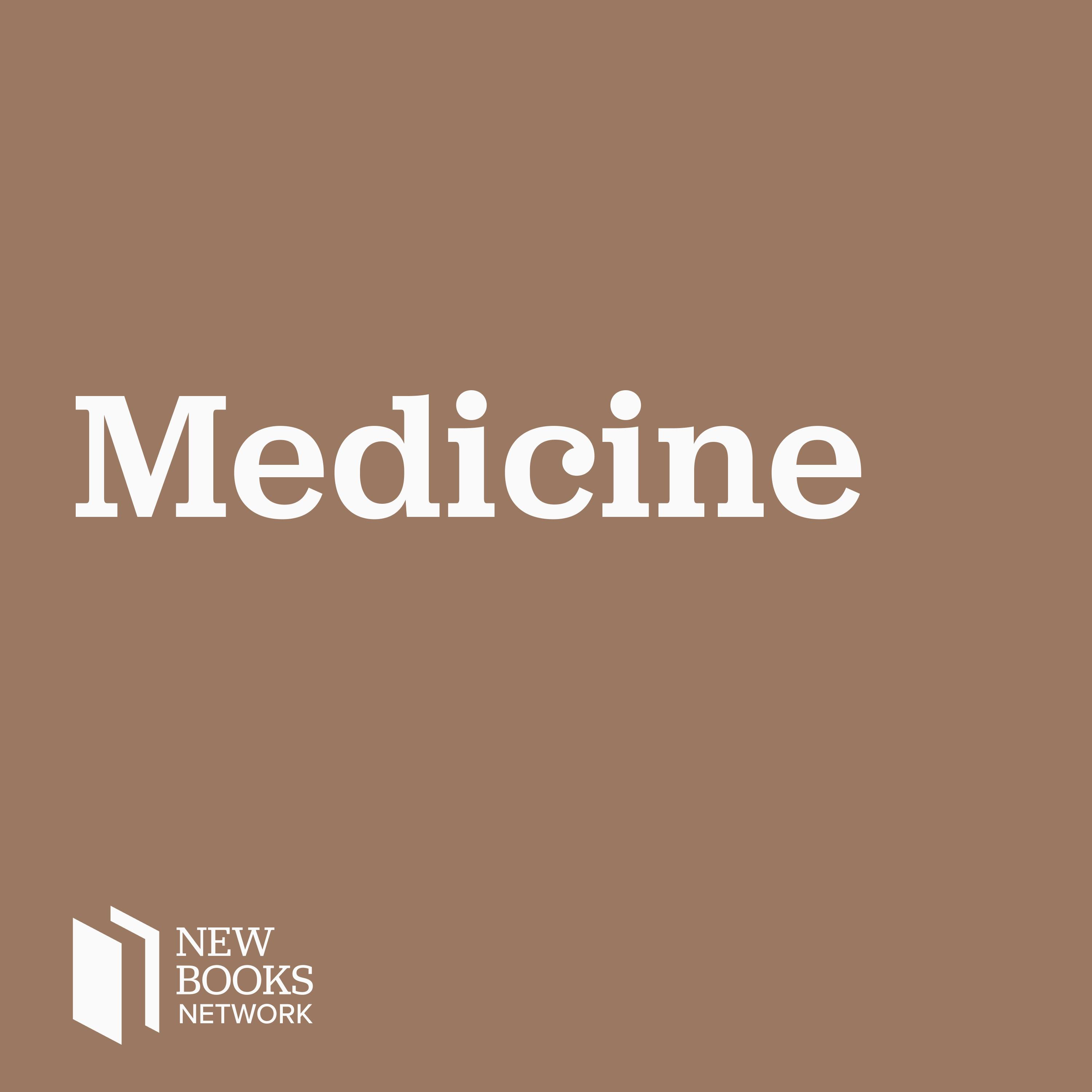Jennifer K. Seman, "Borderlands Curanderos: The Worlds of Santa Teresa Urrea and Don Pedrito Jaramillo" (U Texas Press, 2021)
Description
Recent global events have unmasked inequitable healthcare systems that disproportionately affect poor Latinx populations along the U.S-Mexico border. Professor Jennifer K. Seman’s recent publication offers a brief insight into these inequities by approaching borderlands modes of care from a historical perspective to reveal how two vital practitioners of curanderismo – “An earth-based healing practice that blends elements of Indigenous medicine with folk Catholicism” (1) – served their communities to heal physical and societal ills at the turn of the twentieth century. Borderlands Curanderos: The Worlds of Santa Teresa Urrea and Don Pedrito Jaramillo (University of Texas Press, 2021) follows the biographies of these two Mexican folk healers as they traverse borders during a moment of increased nation-building, as they are implicated in the world of the spiritualist movement, and stand firm in their faith as they are wedged against professional modern medicine.
Seman grounds the history of curanderismo in the cross-cultural exchange between European, Native American, and African heritages and practices that depend largely on the belief that there is a connectedness between the mind, body, and spirit. By utilizing institutional and non-institutional archives, newspaper accounts, and built environments in which Santa Teresa and Don Pedrito traversed and are memorialized, Borderlands Curanderos offers a detailed look at their lives. One major thread linking the curanderos is how they negotiated the state and state power during the early 20th century in Mexico and the United States. “It was their extraordinary responses to the failure of institutions that made Santa Teresa and Don Pedro threats – and, in some cases, assets — to the states and institutional authority,” (4) writes Seman. In other words, their medicine did not come from the state, the church, or professional medicine, as argued in her book, but rather from a distinct cultural practice that revitalized the sick. These two healers took on the insurmountable task of tending to people and geographies who were experiencing the aftermath unleashed by settler colonialism and enslavement; or, as Seman would argue, the generational susto brought on by conquerors and settlers (9).
Jonathan Cortez is currently the 2021-2023 César Chávez Postdoctoral Fellow in the Department of Latin American, Latino, and Caribbean Studies at Dartmouth College. You can follow Jonathan on Twitter @joncortz
Learn more about your ad choices. Visit megaphone.fm/adchoices
Support our show by becoming a premium member! https://newbooksnetwork.supportingcast.fm/medicine
More Episodes
A dazzling, evidence-based account of one man’s quest to heal from complex PTSD by turning to endangered coral reefs and psychedelic plants after traditional therapies failed—and his awakening to the need for us to heal the planet as well. Professor Greg Wrenn likes to tell his nature-writing...
Published 03/27/24
Sociologist Neil M. Gong explains why mental health treatment in Los Angeles rarely succeeds, for the rich, the poor, and everyone in between.
In 2022, Los Angeles became the US county with the largest population of unhoused people, drawing a stark contrast with the wealth on display in its...
Published 03/27/24
Brynn Quick speaks with Erin Mulpur about how hospitals can better support patients from linguistic minority backgrounds. The conversation addresses the barriers to both communication and healthcare faced by linguistic minority patients. Drawing on Erin’s 2021 paper “Reducing Barriers to Language...
Published 03/25/24


